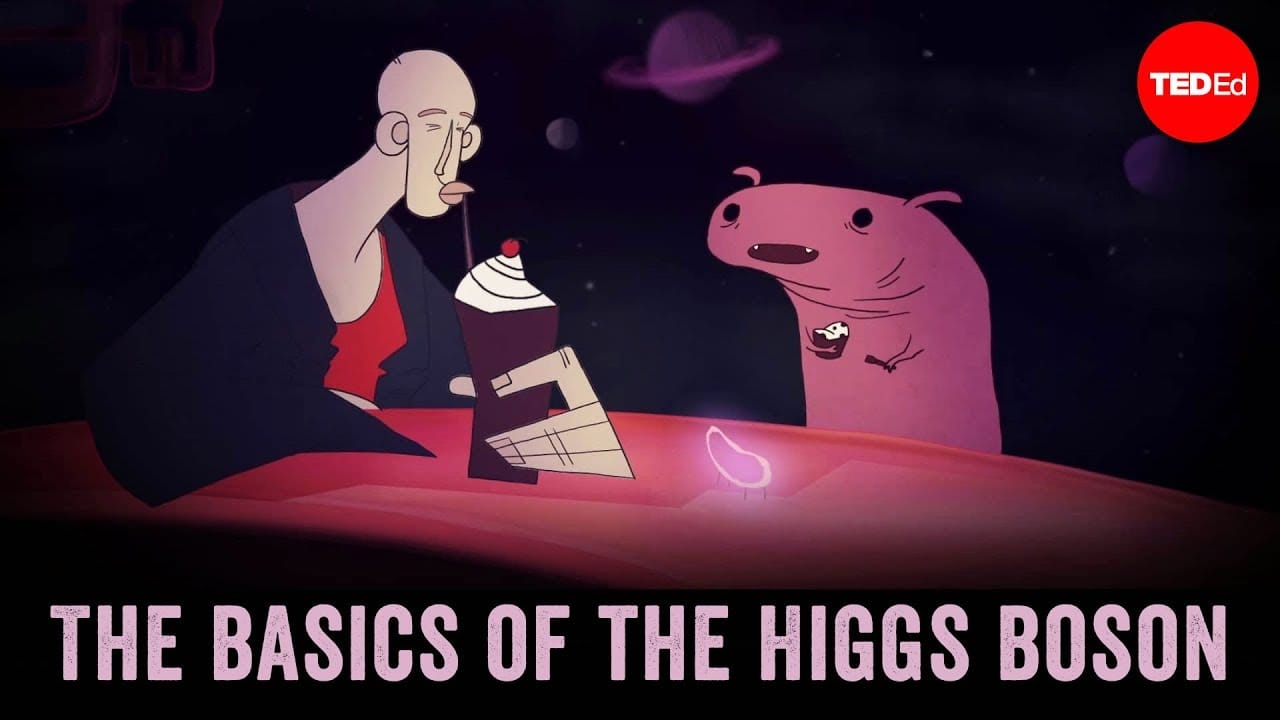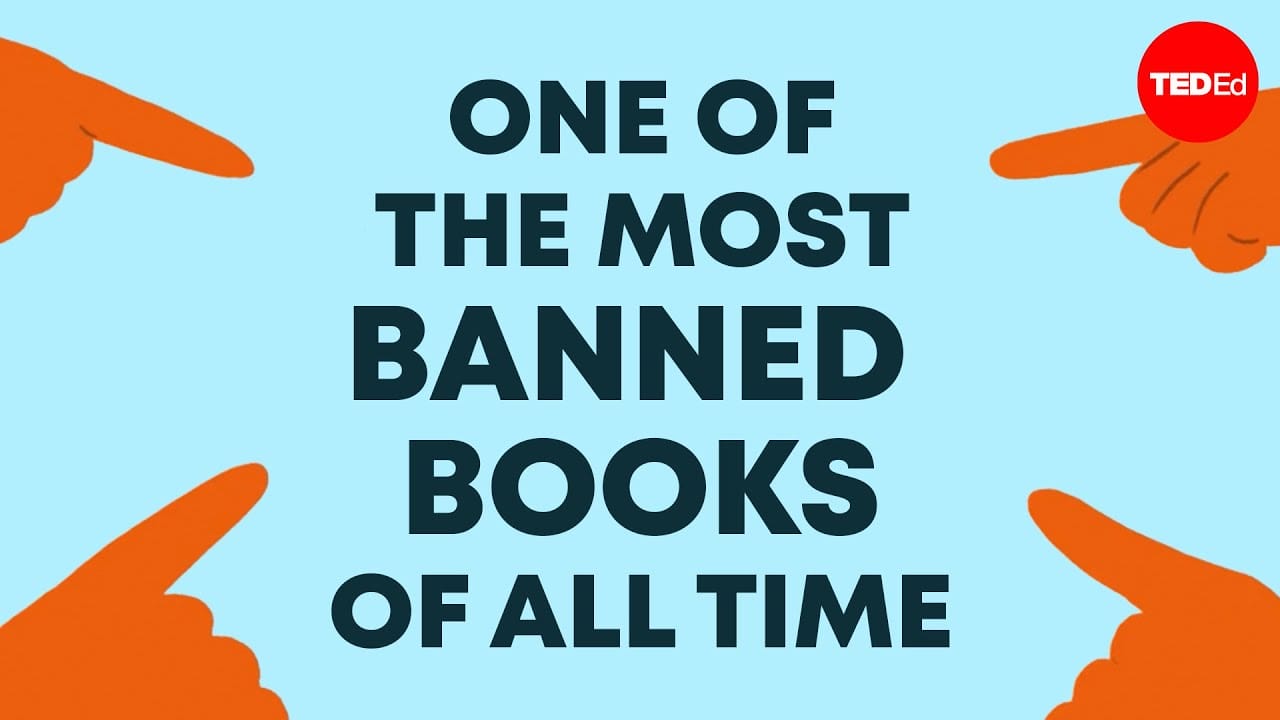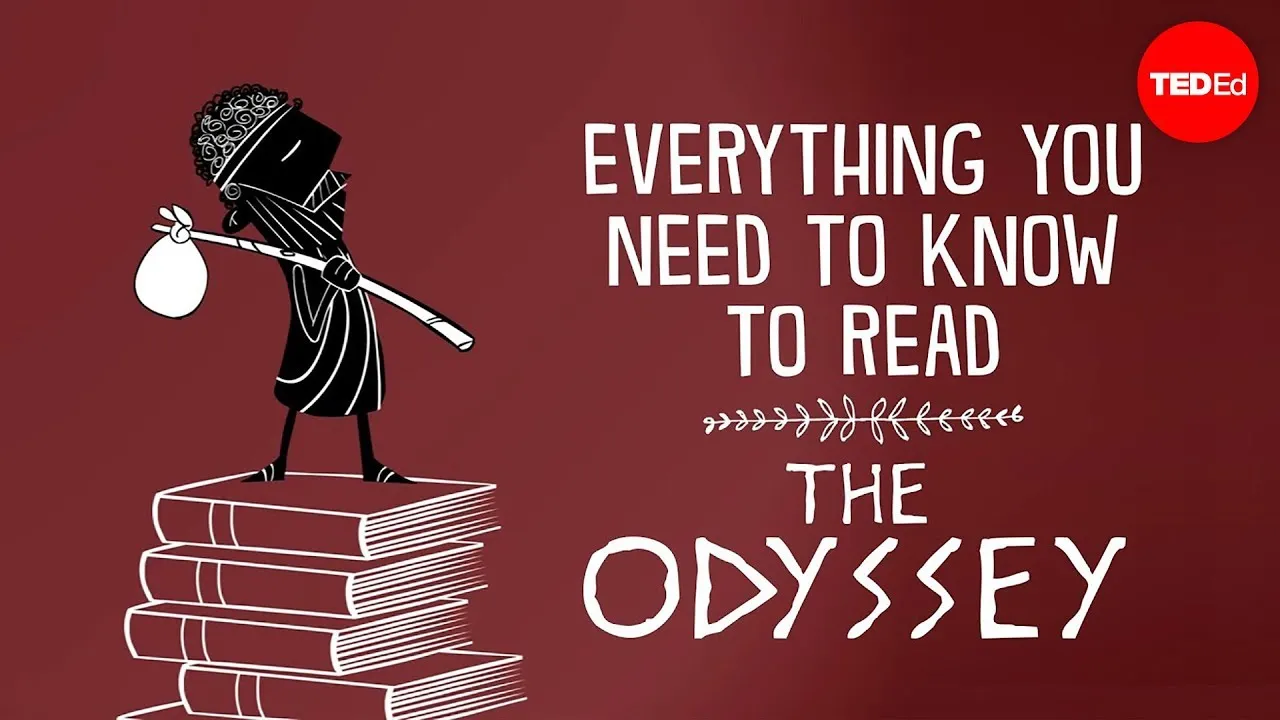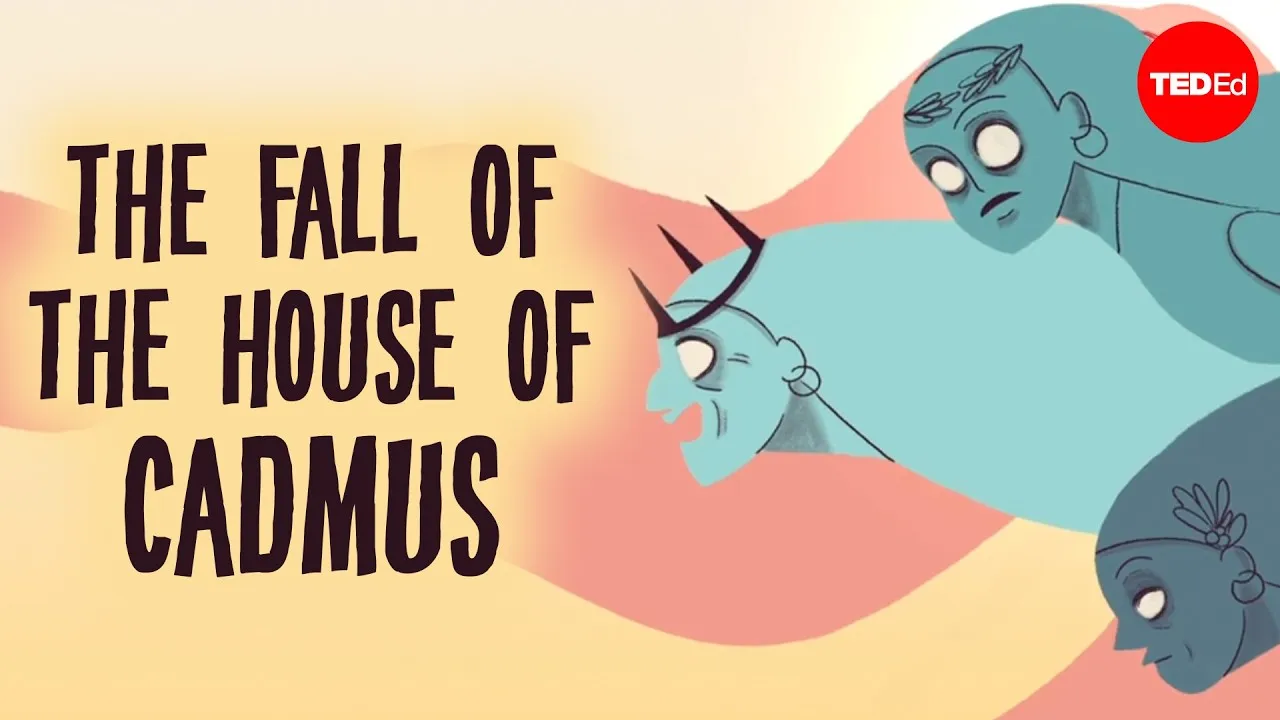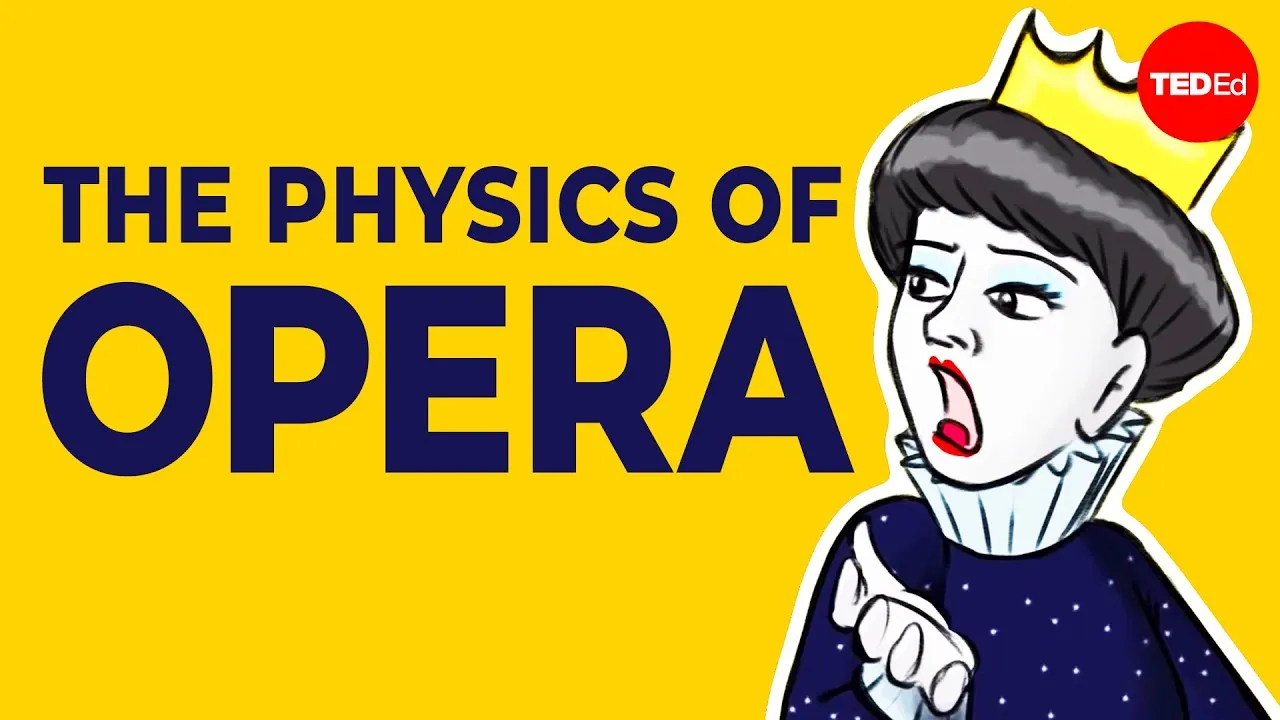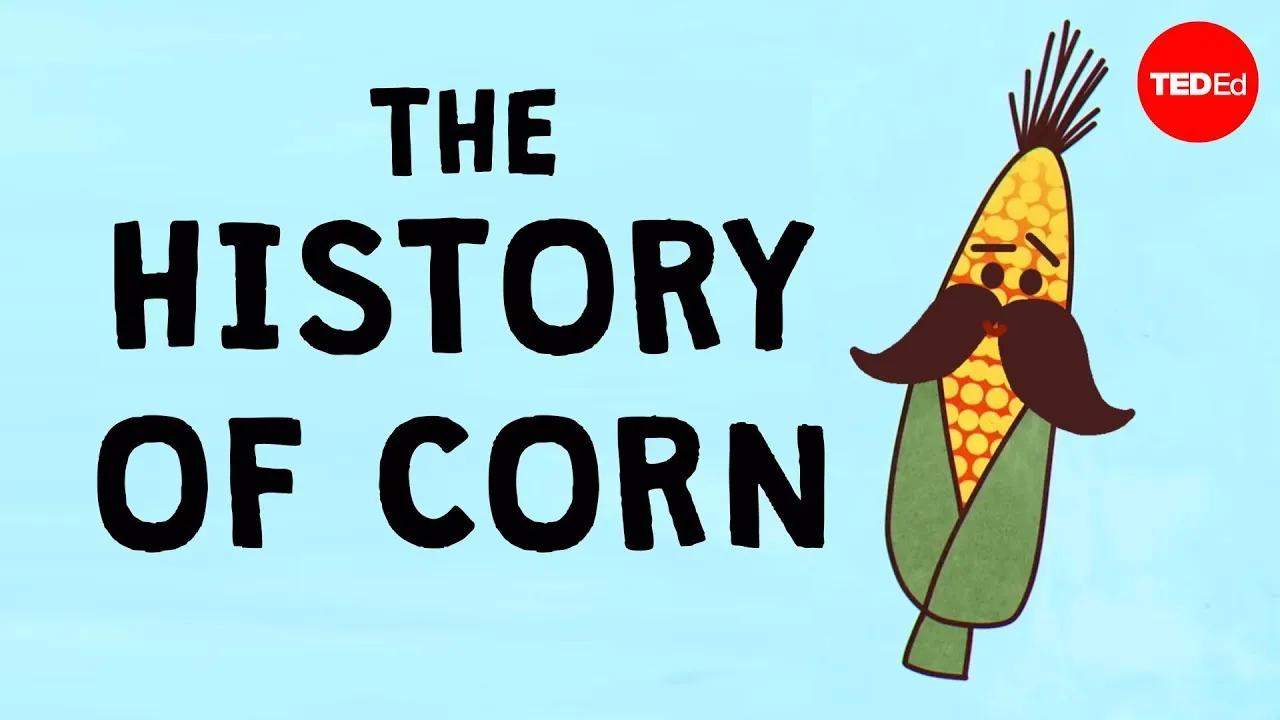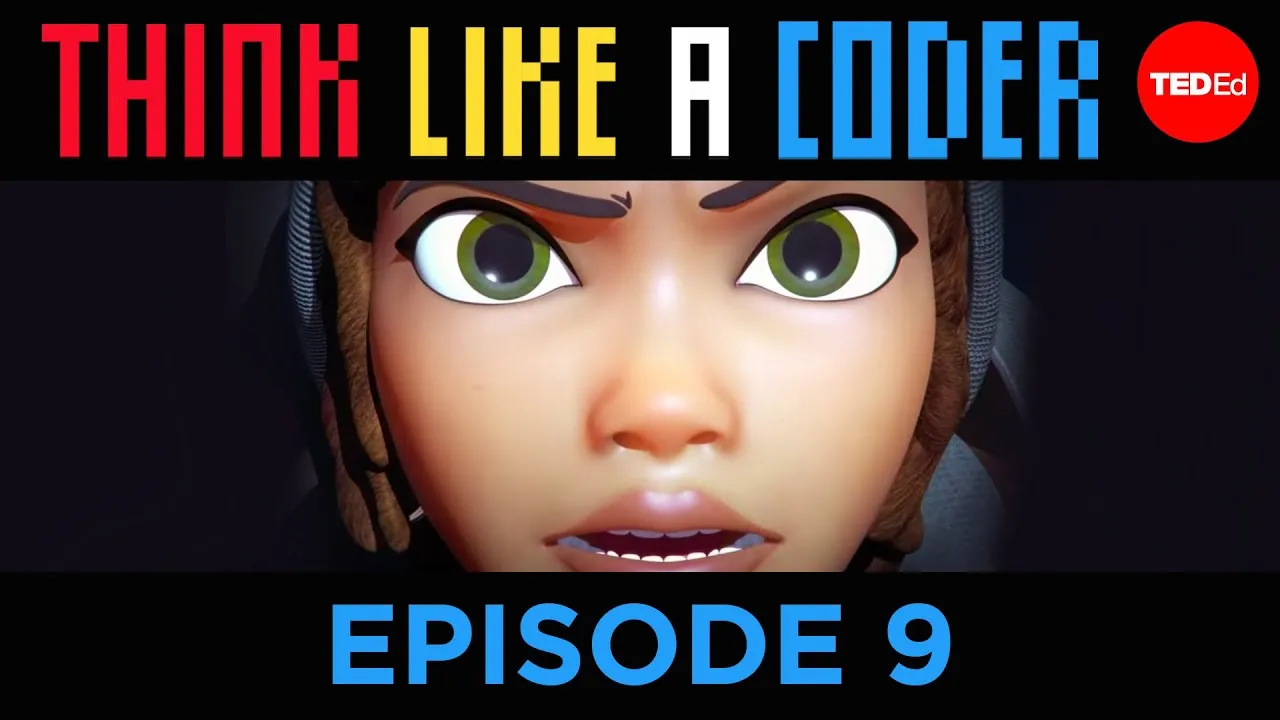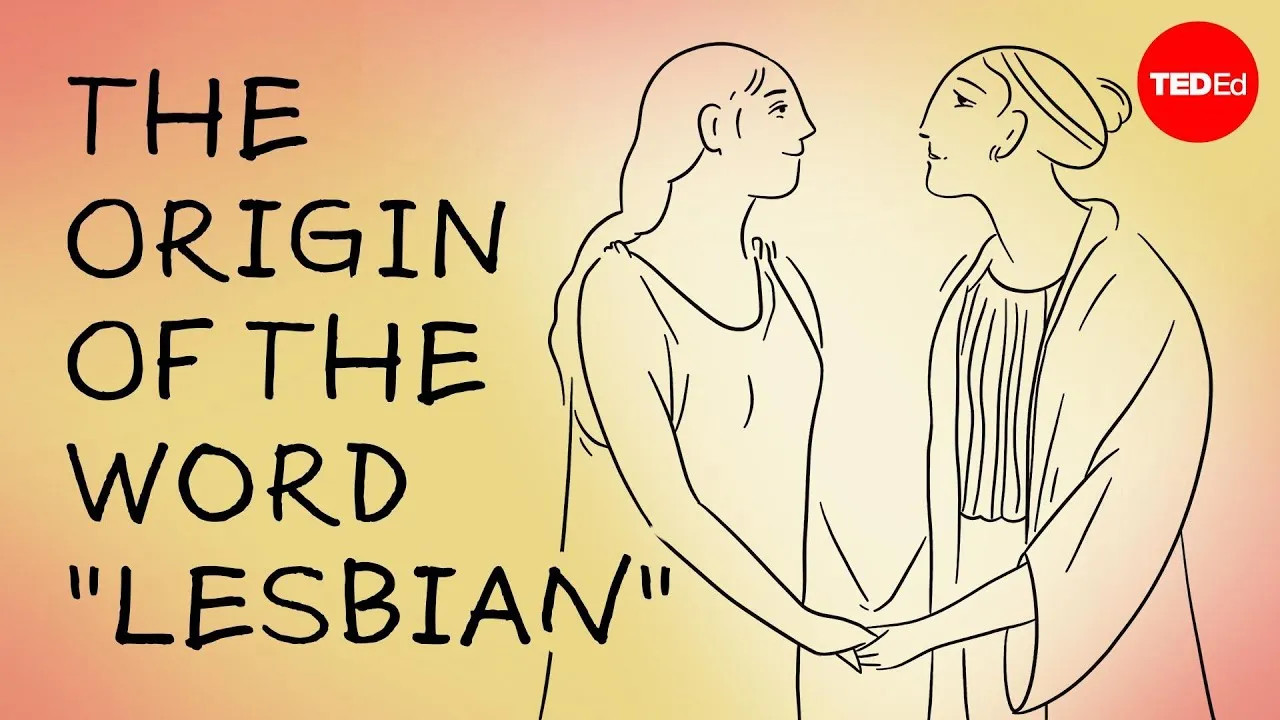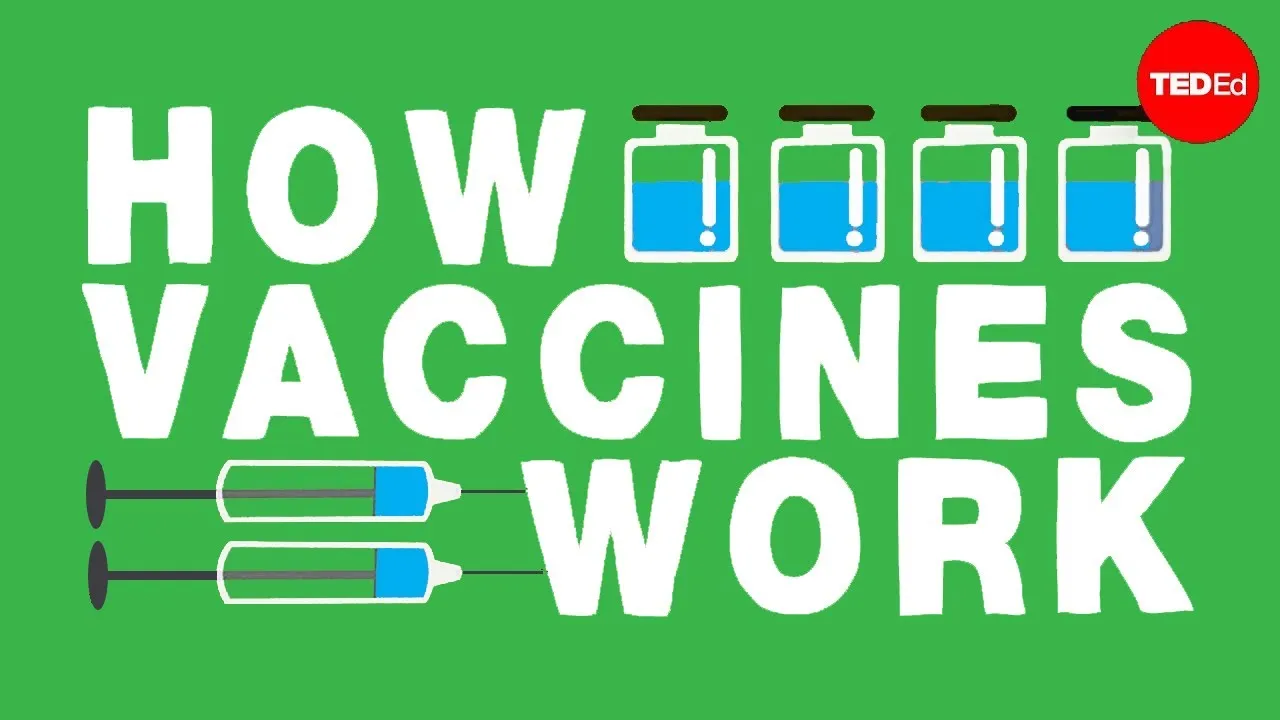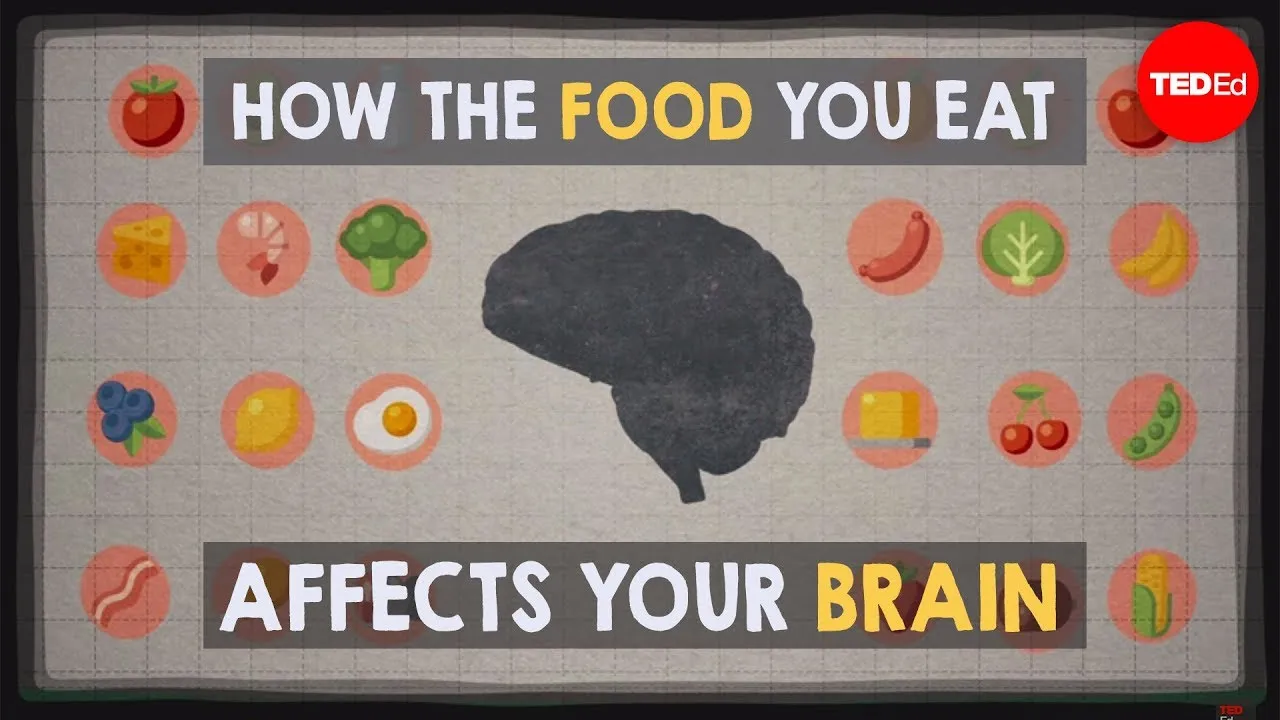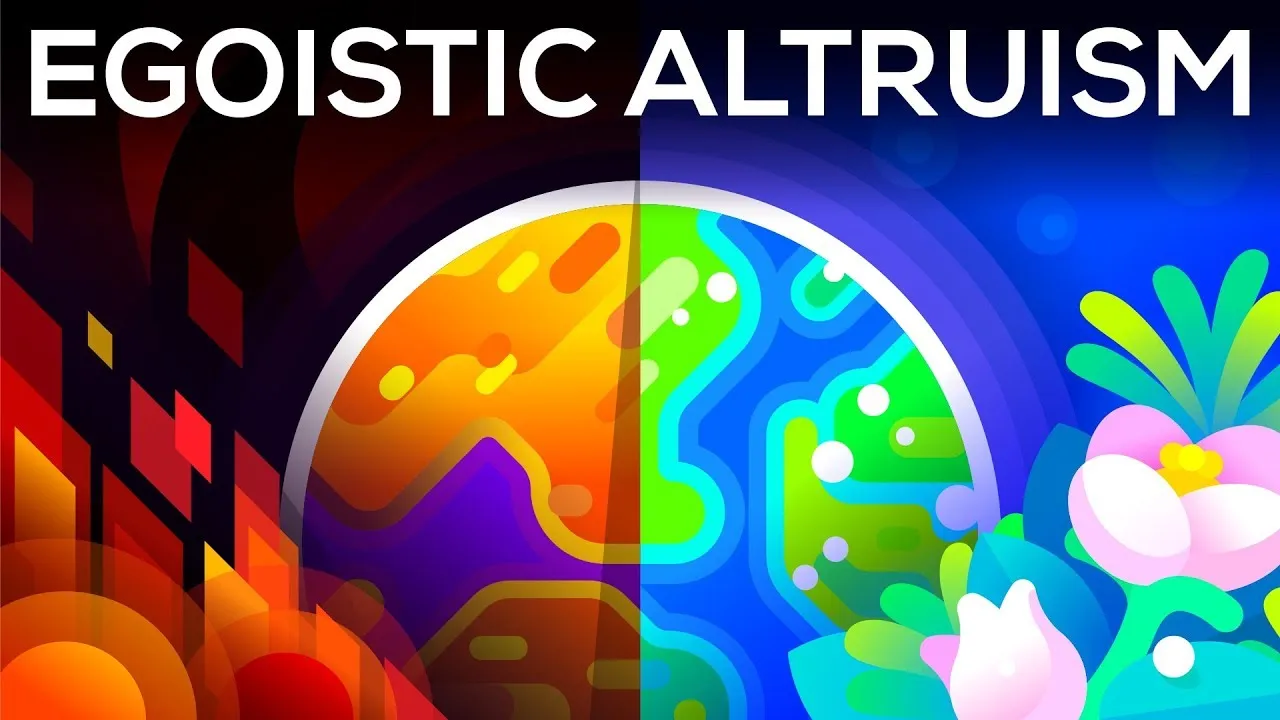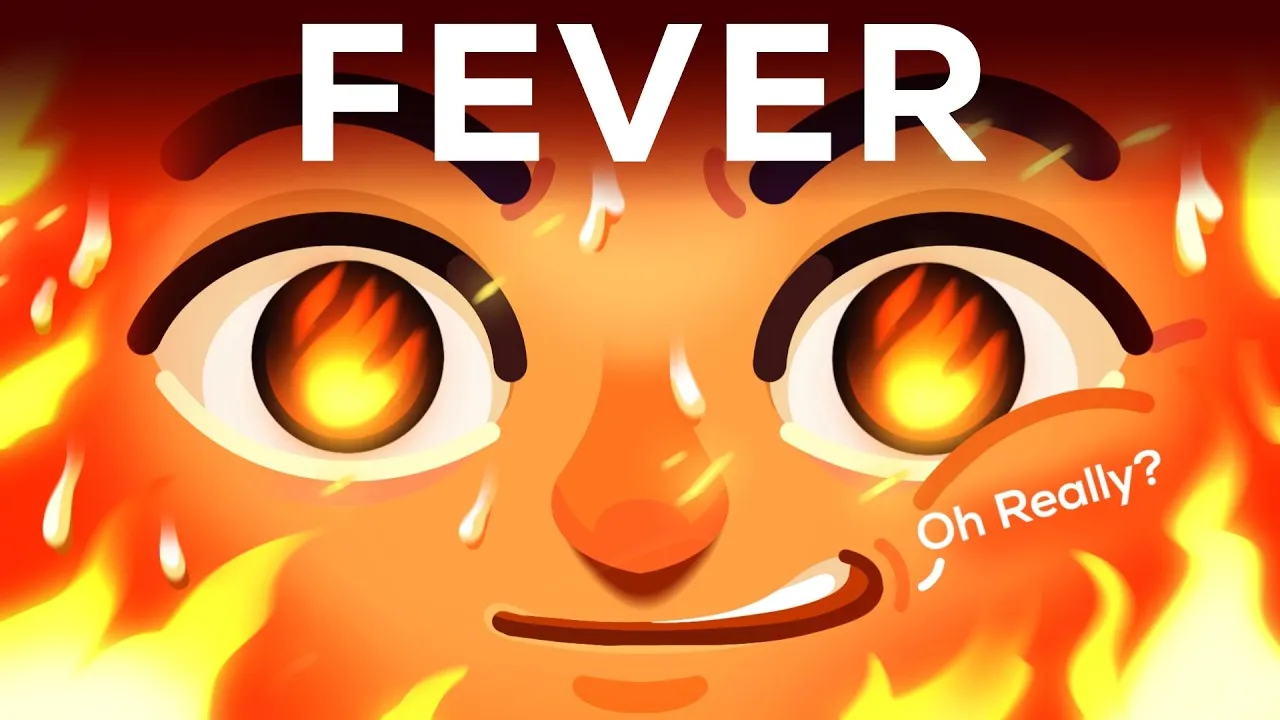Grade 11 Video Lessons
Take your learning to new heights with our AI-guided video lessons, specially designed for Grade 11 students! We've curated insightful YouTube videos to make complex topics easier and more engaging.
The menstrual cycle is a natural process experienced by all women, lasting between two to seven days every month and occurring approximately 450 times in a woman's life. It is regulated by a series of hormonal controls and involves the ovaries, which release an egg each month, waiting for fertilization by a sperm cell. If fertilization does not occur, the womb's lining degenerates, and the period begins, taking up to a week to clear out the unused contents of the womb, after which the cycle begins again.
The article discusses a conversation between a physicist and a blues singer about the Higgs boson and the Higgs field. The physicist explains that the Higgs boson suggests the existence of the Higgs field, which gives mass to elementary particles. They also discuss the importance of the Higgs field and the future of particle physics in exploring new theoretical models.
Maya Angelou's memoir, "I Know Why The Caged Bird Sings," has faced numerous challenges and bans due to its explicit content and exploration of sensitive topics such as sexual assault and racism. However, supporters argue that the book's themes of censorship, silence, and the importance of confronting uncomfortable realities make it a valuable and necessary read for young people. Despite the controversy, the memoir has become one of the most taught non-fiction texts in US high school English classes.
The article discusses the alarming history of thallium poisoning in Sydney between 1952 and 1953, highlighting its lethal effects due to its similarity to potassium, which allows it to disrupt vital bodily functions. It also addresses the accessibility of thallium as a common rat poison and the subsequent ban on its sale in Australia. Additionally, the article outlines the dangers posed by other toxic elements like lead and mercury, as well as the reactivity of alkali metals and the silent threat of radioactive elements, emphasizing the importance of awareness and regulation to prevent future incidents.
The article explores the enduring significance of Homer's "Odyssey," a monumental epic poem that intertwines Ancient Greek history, myth, and legend through the adventures of Odysseus. Originally composed for oral performance in the 8th century BCE, the poem reflects themes of divine retribution, hospitality (xenia), and human pride, while its structure allows for flexibility in storytelling. Despite the challenges of its ancient origins, the "Odyssey" continues to captivate audiences and scholars alike, revealing insights into a world long past.
The article recounts the myth of Cadmus, a warrior and heir to the Phoenician throne, who embarks on a quest to rescue his sister Europa, leading to the founding of Thebes. His fate takes a tragic turn after he kills a sacred serpent, incurring the wrath of the gods, which results in a series of family tragedies. Ultimately, Cadmus and his wife Harmonia transform into serpents as a form of atonement for their misfortunes, highlighting the complex relationship between mortals and divine forces.
This lesson emphasizes the importance of selecting the right sunscreen by understanding how different types function and their impact on both personal health and the environment. It covers the significance of UV radiation, the protective mechanisms of physical versus chemical sunscreens, and the importance of SPF ratings. Additionally, it highlights the need to consider safe ingredients and environmental effects, particularly regarding marine life, when making a sunscreen choice.
The lesson explores the captivating power of the human voice in opera, particularly through the example of the Queen of the Night's aria in Mozart's "The Magic Flute." It delves into the physics of sound production, explaining how skilled opera singers manipulate harmonics and vocal techniques, such as achieving the distinctive squillo, to project their voices above orchestral accompaniment. Ultimately, the lesson highlights the extraordinary ability of the human voice to resonate and inspire, transcending the need for amplification.
The lesson explores the remarkable journey of Yellow Dent #2 corn, tracing its origins from the ancient grass teosinte to its status as the most widely cultivated crop globally. It highlights the factors contributing to its dominance, including early domestication, European adoption, standardization in the 19th century, and technological advancements post-World War II. However, the lesson also addresses the environmental and health challenges associated with corn's extensive cultivation, raising questions about the sustainability of its future in global agriculture.
The lesson explores the historical evolution of chemotherapy, tracing its origins from the use of mustard gas in World War I to its development as a cancer treatment in the 1930s. It highlights how the rapid replication of both cancer and bone marrow cells led to the use of cytotoxic agents that target these fast-dividing cells, resulting in significant advancements in cancer survival rates despite the challenges of side effects on healthy cells. Ongoing research aims to refine chemotherapy techniques to further improve efficacy and reduce adverse effects.
The lesson explores the significant role trees have played in the development and sustainability of ancient and modern cities, using Uruk and Anuradhapura as contrasting examples. While Uruk's deforestation led to environmental degradation, Anuradhapura's reverence for trees supported its growth and ecological balance. The lesson emphasizes that trees are essential for urban health, infrastructure, and biodiversity, highlighting the need for their integration into future urban planning as cities continue to expand.
In "The Quest for the Node of Memory," Ethic, Hedge, and Lemma navigate a control room to retrieve the Node of Memory, which holds the key to curing a society plagued by the side effects of a happiness-inducing compound. As they work to reconfigure a factory to produce the cure, they uncover Lemma's past involvement in creating the compound and the subsequent societal collapse it caused. Ultimately, the story explores themes of redemption and the consequences of human innovation, culminating in a race against time to save humanity from its own creations.
The lesson explores the enduring legacy of Sappho, an ancient Greek poet from Lesbos, whose intimate and lyrical exploration of love and desire has captivated audiences for over 2,500 years. Despite the loss of much of her work, Sappho's unique contributions to poetry, particularly her focus on homoerotic themes and emotional complexity, have significantly influenced language and culture, leading to the term "Lesbian." Modern scholarship seeks to debunk myths surrounding her life, celebrating her true legacy as a pioneering figure in the literary world whose poignant reflections on love continue to resonate today.
The lesson explores tinnitus, a condition characterized by the perception of ringing or other sounds in the absence of external noise, affecting approximately one in seven people globally. It delves into the historical context, the underlying science of how tinnitus arises from altered neural activity in the central nervous system, and the psychological impact it can have on individuals. While there is no cure, various therapeutic approaches, including sound therapy and counseling, aim to help individuals manage their experience and reduce distress associated with this persistent auditory phenomenon.
The lesson explores the historical development of vaccines, beginning with Edward Jenner's pioneering smallpox vaccination in 1796, which laid the groundwork for modern immunization practices. It explains how vaccines prepare the immune system to respond effectively to pathogens by leveraging innate and adaptive immune responses, and outlines various types of vaccines, including live attenuated, inactive, subunit, and DNA vaccines. The lesson emphasizes the ongoing innovations in vaccine development, particularly DNA vaccines, which hold promise for combating serious diseases and enhancing public health.
This lesson explores the significant impact of nutrition on cognitive function, highlighting the essential roles of fats, proteins, amino acids, micronutrients, and carbohydrates in brain health. It emphasizes the importance of a varied diet rich in omega-3 fatty acids, proteins, and antioxidants to support mood, energy levels, and overall cognitive performance. Ultimately, the lesson underscores that dietary choices directly influence brain function and long-term mental well-being.
The lesson on the stock exchange highlights its role as a vast global marketplace where securities, particularly shares representing ownership in companies, are traded. It explains how the value of shares is tied to a company's performance, the benefits companies gain from raising capital through share sales, and the virtual nature of trading, which can lead to rapid fluctuations in share prices. Additionally, the lesson addresses the risks of speculation and the potential for market bubbles, emphasizing the interconnectedness of global stock markets through indices like the DAX.
The lesson discusses the historical transition from a zero-sum economy, where one person's gain equated to another's loss, to a positive-sum economy characterized by growth and shared prosperity. The Industrial Revolution played a pivotal role in this transformation, fostering innovation that expanded economic output and allowed for simultaneous advancements across society. In today's positive-sum world, collective well-being enhances innovation and economic growth, demonstrating that improving the lives of the less fortunate ultimately benefits everyone.
The lesson explores the concept of emergence, highlighting how simple components can collectively create complex systems, as seen in ant colonies and human societies. It illustrates that emergence is a fundamental property of the universe, where interactions among basic elements lead to new properties and behaviors, from the formation of molecules to the dynamics of nations. This phenomenon underscores the intricate connections between individual actions and the larger structures they form, revealing the beauty and complexity of life and society.
The lesson explores the rise of organic food, highlighting its growing popularity and the complexities surrounding its definition, health benefits, and environmental impact. While organic products are often perceived as healthier and more ethical, research indicates only minor nutritional differences compared to conventional foods, and the environmental benefits are nuanced. Ultimately, the lesson emphasizes the importance of informed choices and a balanced approach to food consumption, prioritizing overall diet quality and local, seasonal produce over strict adherence to organic labels.
The lesson discusses the ambitious concept of terraforming Mars, transforming it from a barren wasteland into a habitable planet. It outlines the challenges of recreating a suitable atmosphere, including the use of powerful lasers to release trapped gases and the necessity of adding nitrogen from Titan, Saturn's moon. Ultimately, the lesson emphasizes the long-term vision and resources required to create a sustainable biosphere on Mars, highlighting the potential for humanity to establish a new home among the stars.
The lesson discusses the rapid advancements in biotechnology, highlighting its transformative potential in areas like medicine and agriculture, while also acknowledging the significant risks it poses, such as the creation of dangerous viruses. It emphasizes the need for a balanced approach to biotechnology that prioritizes safety and responsible management to harness its benefits while mitigating potential disasters. Ultimately, the lesson calls for careful oversight and innovative solutions to ensure biotechnology contributes positively to society.
The lesson emphasizes the importance of fever as a natural defense mechanism in the immune system, highlighting its role in creating an inhospitable environment for pathogens and enhancing immune function. While fever can be uncomfortable and may require medication in certain cases, understanding its benefits can lead to more informed decisions about treatment. Ultimately, allowing a mild fever to persist can support recovery, but individuals should consult healthcare professionals for personalized advice.
The lesson explores the complex debate surrounding marijuana legalization, presenting three key arguments against it: the rising potency of marijuana and its psychological effects, the potential for marijuana to act as a gateway drug, and the health risks associated with its use. While acknowledging the risks, the lesson also suggests that legalization and regulation could provide a framework for better control and research, ultimately aiming to mitigate negative consequences and protect vulnerable populations.

